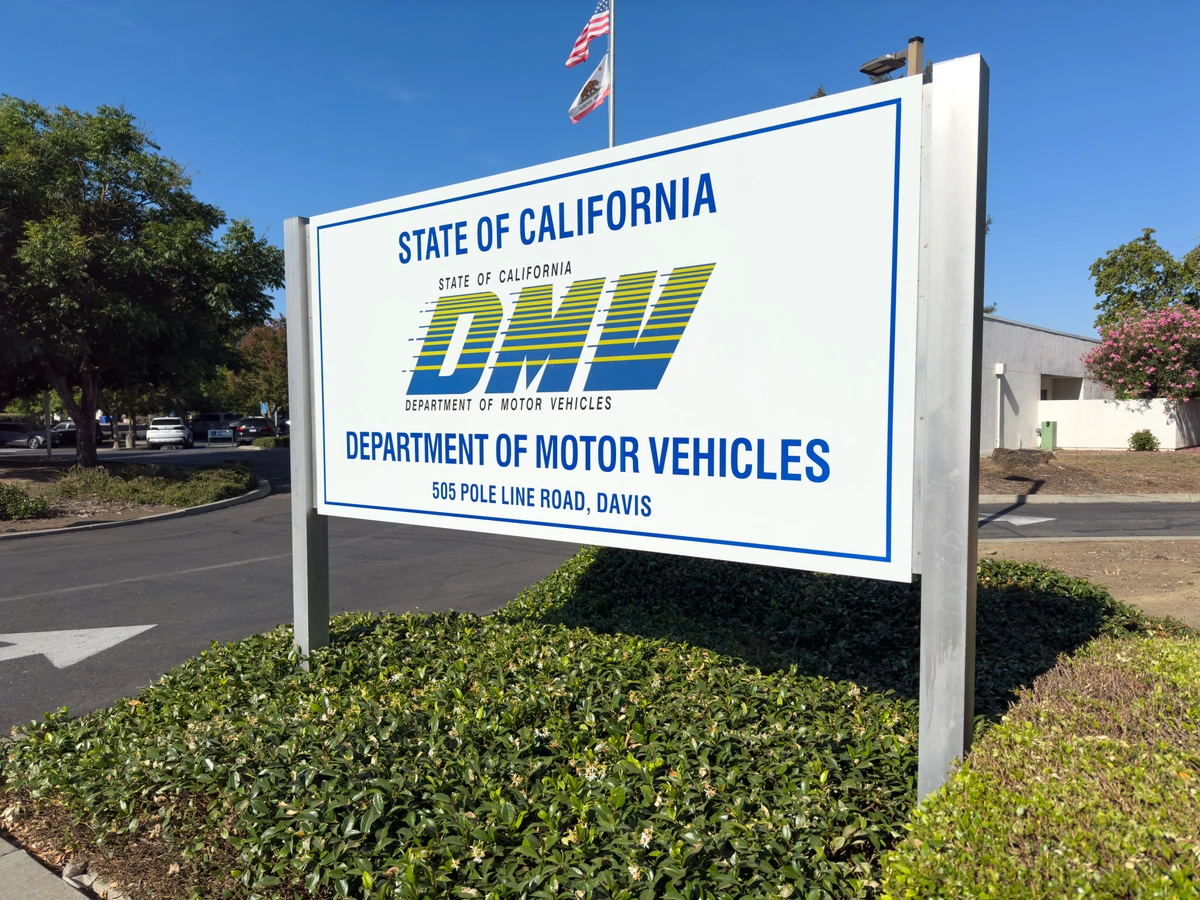Why a Title Check Can Save You Thousands
A car’s title is more than a piece of paper — it’s the legal proof of ownership and the key to understanding a vehicle’s past. When buying a used car, checking the title can mean the difference between a smart purchase and a financial disaster. Title brands, liens, and hidden issues can all turn a “great deal” into a costly mistake. Here’s why running a title check is essential before you hand over your money.
1. What a Title Check Tells You
A proper title check shows you if the vehicle’s title is clean or branded with warnings. It can also uncover liens (unpaid loans tied to the car) and past transfers that may hide problems. Without this step, you could unknowingly buy a car that can’t be legally registered or resold.
2. Common Title Brands Explained
Title brands are labels placed on a car’s title by a state DMV to indicate specific issues in its history. Each one has big implications for value, safety, and insurability. Here are the most common:
- Clean Title: The vehicle has never been declared a total loss. This is what most buyers want, though a clean title doesn’t always mean the car has a perfect history.
- Salvage Title: Issued when an insurance company declares a car a total loss due to severe damage from an accident, flood, or other disaster. Salvage vehicles can be unsafe to drive and are worth far less than clean-title cars.
- Rebuilt Title: A car that was once salvaged but has since been repaired and inspected. While legally roadworthy, rebuilt cars often suffer from hidden problems and are harder to resell.
- Flood Title: Indicates the vehicle sustained flood damage. Electrical and mechanical systems may corrode over time, leading to unpredictable failures.
- Lemon Law Title: Assigned when a manufacturer buys back a car that had repeated defects that could not be fixed under warranty. These cars may still have lingering issues.
- Junk or Scrap Title: Means the vehicle is only suitable for parts or metal recycling. It cannot be legally registered for road use again.
- Bonded Title: Issued when proof of ownership is unclear, and the owner purchases a surety bond. These vehicles can be risky since disputes may still arise over ownership.
- Odometer Rollback Title: Flags cars where odometer tampering or inaccurate mileage has been confirmed. This directly affects resale value and trustworthiness.
3. The Hidden Costs of Title Problems
Cars with branded titles may look affordable, but hidden costs add up quickly. You might face higher insurance premiums, denied coverage, costly repairs, or major depreciation. Worse yet, you may not be able to register the car at all if the DMV rejects the title.
4. Why Liens Are a Big Red Flag
A lien means someone else — usually a bank or lender — still has a legal claim on the car. If you buy it without clearing the lien, the lender could repossess the vehicle even though you paid the seller. A title check will confirm if liens exist so you don’t inherit someone else’s debt.
5. How a Title Check Protects You
- Confirms legal ownership and ensures the seller has the right to sell the vehicle.
- Reveals title brands and hidden issues that lower resale value.
- Provides leverage in negotiations if problems appear.
- Helps you walk away before wasting thousands on a bad car.
6. Pairing a Title Check With a VIN Report
While a title check confirms legal ownership and status, a VIN report dives deeper into the car’s past. Combining both gives you the full picture: accidents, recalls, theft records, odometer history, and prior owners. Together, they provide maximum protection against costly surprises.
Final Thoughts
A title check is one of the smartest moves you can make when buying a used car. It uncovers salvage brands, flood damage, liens, and other costly red flags. Spending a few minutes now could save you thousands later. Pair your title check with a VIN history report and a professional inspection, and you’ll be in the best position to buy with confidence.
Disclaimer: This article is for informational purposes only and does not constitute legal, financial, or mechanical advice. Title brands and requirements vary by state and country. Always confirm a vehicle’s title status with your DMV or equivalent authority and consult professionals before making a purchase decision.
